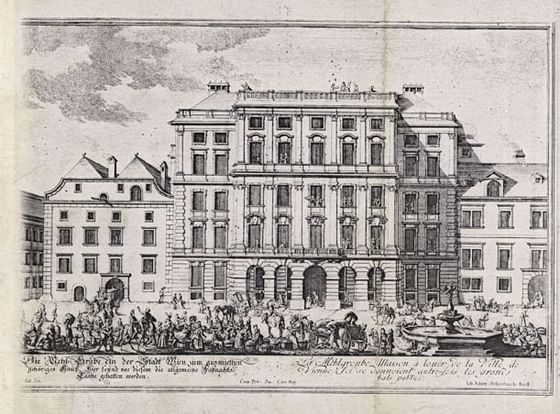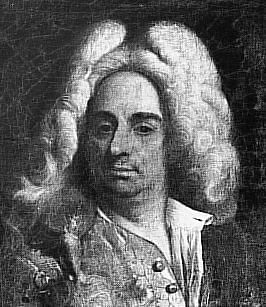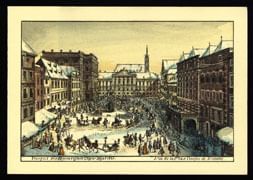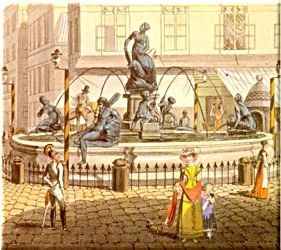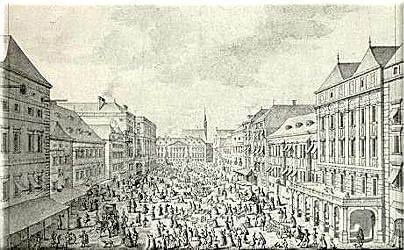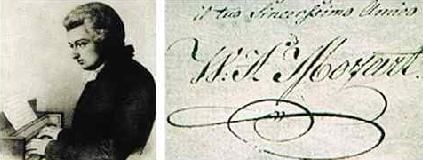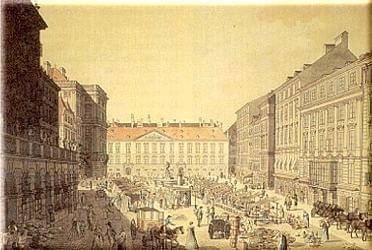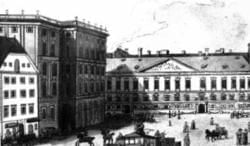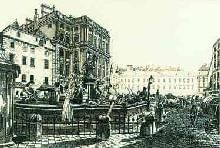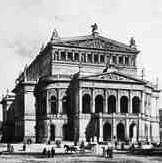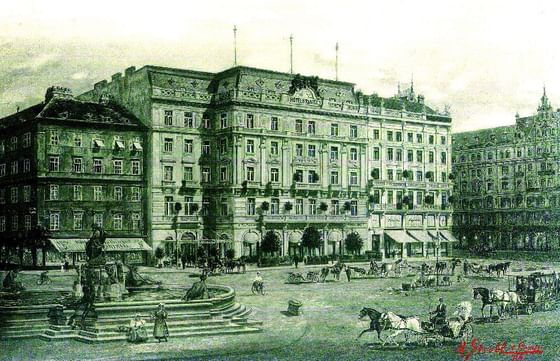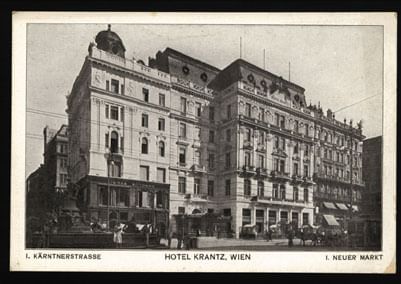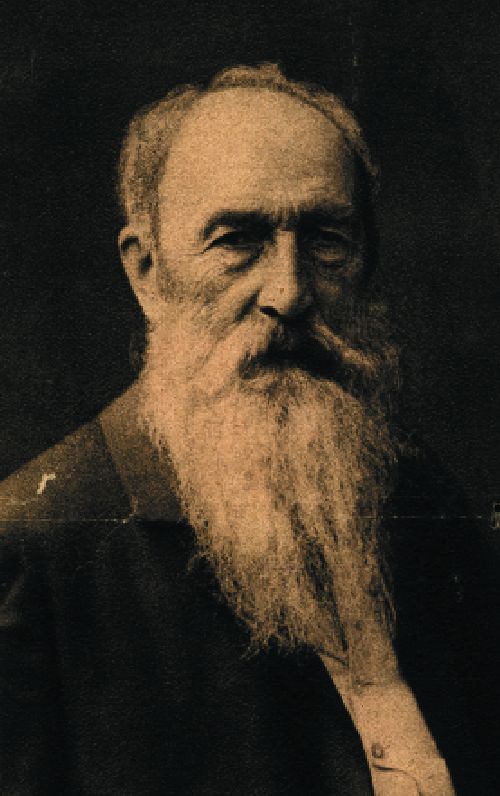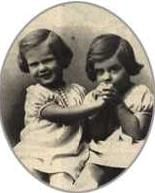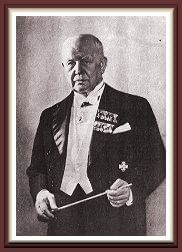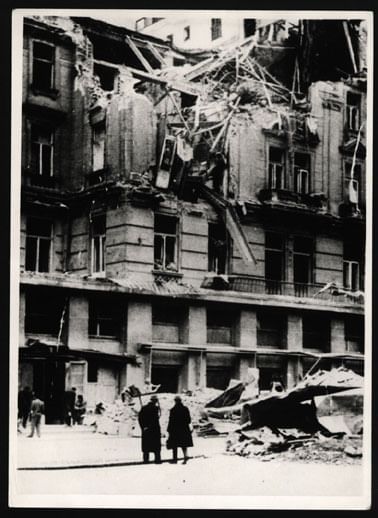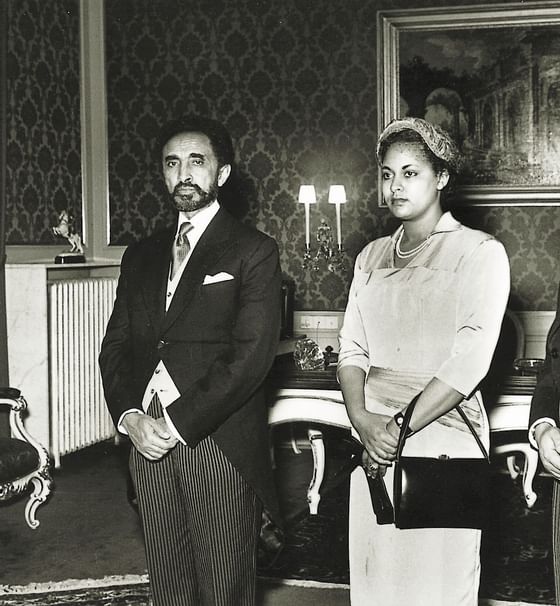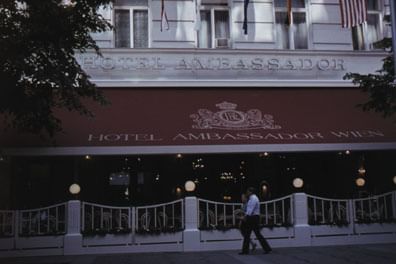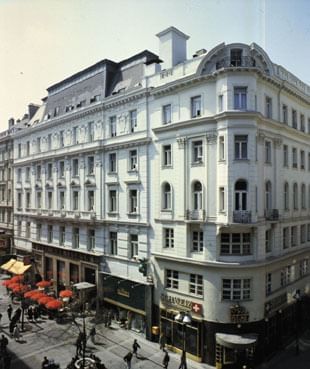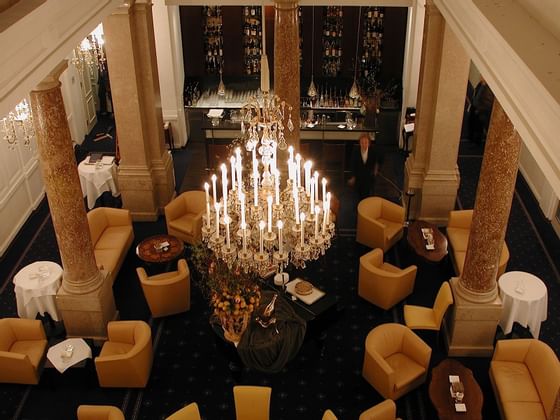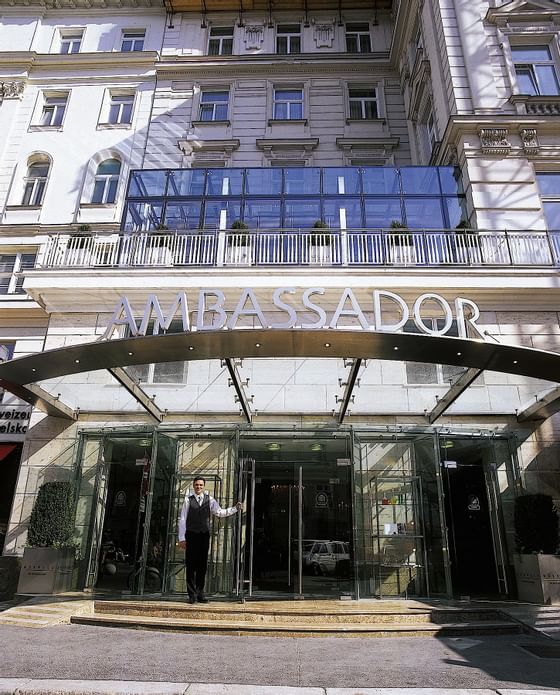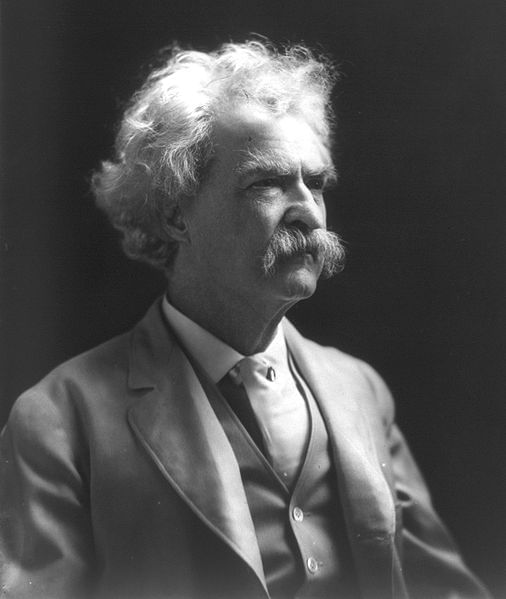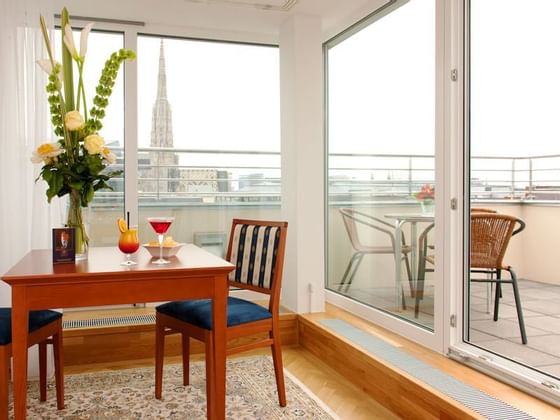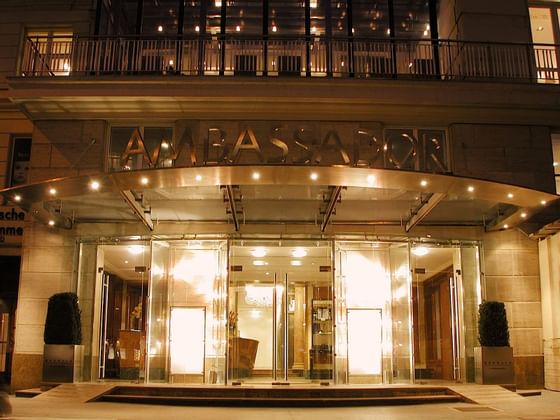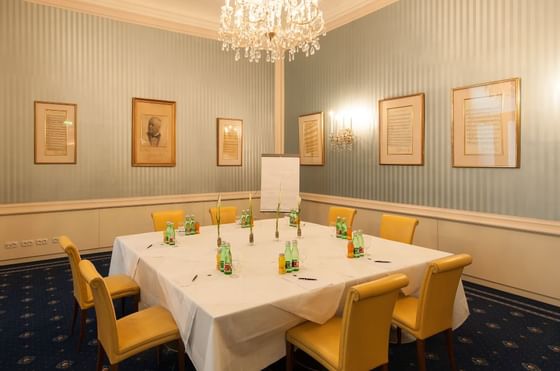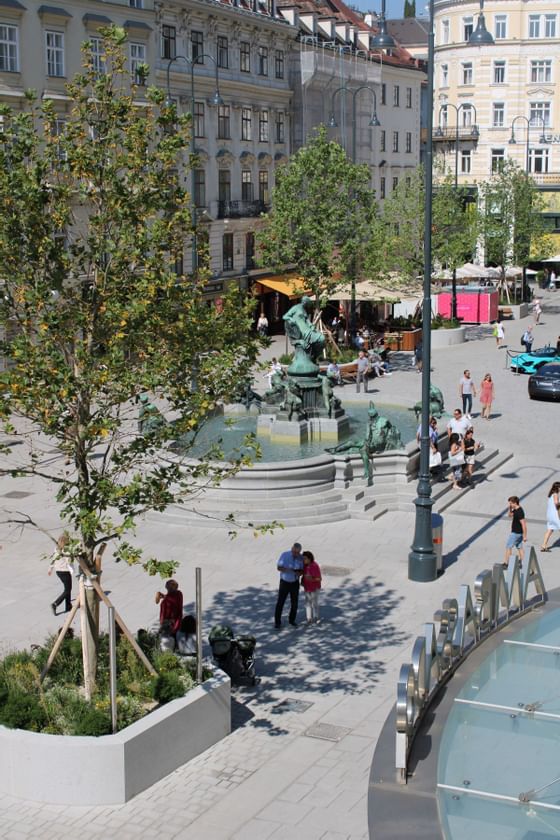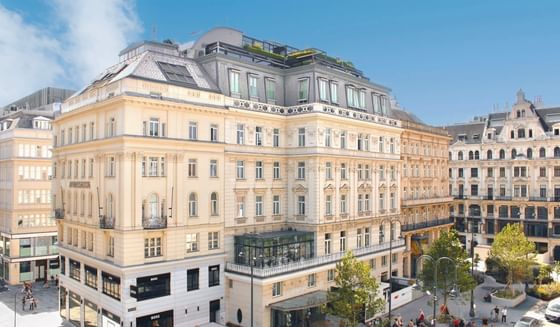1234
First documented mention of the Neuer Markt.
1375
First mention as the "Mehlgroube", the building which in 1418 becomes the City's flour store, which controls weights, measures and the price of flour.
1697
The Mehlgrube is demolished and rebuilt according to plans drawn up by Johann Bernhard Fischer of Erlach. The City of Vienna has an exclusive place of entertainment built on the site of the old flour store.
1726
With the completion of the new building there is now a prestigious public establishment which is used for dances, masked balls and other occasions (especially for an aristocratic clientele). The first balls are put on by the dancing master Accriboni, by order of Prince Eugene.
1739
Opening of the Donnerbrunnen fountain, a Baroque masterpiece by Georg Raphael Donner, on the Neuer Markt.
1781
The Mehlgrube is converted into a concert hall, and the first concerts are held for music lovers, including music by Ludwig van Beethoven and Johann Nepomuk Hummel.
1785
Wolfgang Amadeus Mozart gives his first subscription concert in the Mehlgrube.
1798
On October 28, the building is reopened as the Gasthaus "Zur Mehlgrube". The landlord, Michael Mörus, runs the inn until 1831. He incorporates the old tradition and brings balls and concerts back to the building.
Beethoven, a habitué of the Gasthaus "Zum Weißen Schwan", conducts in the Mehlgrube between 1798 and 1813.
1831
Mathias Czermak renovates the building again and converts it into a "casino", which at that time meant a combination of an inn, a concert hall and a coffee house.
Czermak is able to engage the famous conductors Lanner and Morelly to perform in his casino. In addition, evening meetings of journalists are held, from which is later to emerge the journalists' and authors' association Concordia, formed in 1859.
1837
Franz Xaver Munsch takes over the Mehlgrube. He carries on the tradition started by his father, Franz Anton Munsch, and brings the highest standards of hospitality to the Mehlgrube. In doing so he takes the first important steps in the direction of the present day.
1866
Franz Xaver Munsch completes the conversion of the Mehlgrube into a hotel. This decision happily coincides with the beginning of the Wiener Gründerzeit, the period of Vienna's commercial and industrial expansion. With the opening of the Hotel Munsch begins a period of rising standards on a grandiose scale.
1897
Josef Krantz acquires the Hotel Munsch and has the Mehlgrube demolished in order to construct a new building with architecture in the style of the Italian Renaissance, which would fulfill the requirements of the latest developments in the hotel business at that time.
1898
The Hotel Krantz-Ambassador is opened. The following years are a truly glittering period in the history of the present day Ambassador Hotel, and the guest list from that period reads like an extract from the Gotha.
Among the guests are celebrities such as Luitpold Prince Regent of Bavaria (one of the first guests at the new hotel), Wilhelm Prince of Hohenzollern (one of the sons of the German Emperor Wilhelm II), and many more. But the guests not only include political figures and members of the high aristocracy. From a balcony of the Hotel Krantz-Ambassador Samuel Langhorne Clemens, better known as Mark Twain, watches the solemn funeral procession which accompanies the mortal remains of the Empress Elisabeth, known as "Sisi", to their last resting place in the Imperial Burial Vault. She had been stabbed by the Italian anarchist Luigi Lucheni in Geneva on September 10, 1898.
(Gotha: Gothaische Genealogische Taschenbücher (Gotha Genealogical Pocket Books, genealogical pocket reference work in four sections; still in print)
1926
June 6
Architect Alois Rous buys the Krantz shares for his daughter Maria, "Mimi". Rous is the City Architect and builder and owner (at that time) of what is now the Hanusch Hospital, and an advisor to the Emperor, a Knight of the Iron Cross of the Order of Franz Joseph (and grandfather of the present owners of the hotel).
1926
Birth of twin sisters Edith Philp and Erika Schleiffelder, née Senft, the present owners.
1930
The composer Franz Lehár, a friend of the hotel, gives a concert to open the restaurant named after him.
1945
March 12
The facade of the Krantz-Ambassador on the Kärntner Straße is almost destroyed by two aircraft bombs. Rebuilding begins in April; from June 1945 on the Krantz-Ambassador is always known as the Ambassador Hotel.
1954
The Ambassador is used to accommodate the first major state visitor (the Emperor Hailie Selassie of Ethiopia) and until 1957 remains the hotel in Vienna for official visitors to the Republic of Austria.
1974
On the occasion of the opening of the Kärntner Straße as a pedestrian precinct in August, the open-air café of the Ambassador Hotel is opened.
1998
The Ambassador Hotel celebrates its centennial.
2001
Following general renovation the Ambassador Hotel is reopened with 86 beautifully appointed rooms.
The renovation works take full account of the architectural quality of the building and are planned down to the tiniest detail. Today, antique marble pillars blend with new structures in wood and glass. The stucco moldings have been redecorated and the Untersberger marble has been fully exposed. Black marble from South Africa, fine dark wood and "panorama" lifts have been integrated in a masterly fashion.
2003
For more than 100 years the Ambassador Hotel has offered a timeless elegance to be found in no other hotel. Right up to the present day, the unique symbiosis of the traditional and the modern, the past and the present, gives our establishment its special flair of a top hotel.
2010
The famous writer Samuel Langhorne Clemens (November 30, 1835 – April 21, 1910), known by his pen name Mark Twain, stayed at the Hotel Krantz, now Ambassador, from October 1898 until May 1899.
April 21 marked the 100th anniversary of Twain’s death, offering U.S. Embassy Vienna the opportunity to spotlight the American writer and his ties to Austria. On April 21, 2010, a commemorative plaque is unveiled at the Ambassador Hotel where Twain lived for several months.
2011
Reconstruction of the hotels’ top floors and opening of 4 newly arranged apartments. The modern design of the apartments as well as the luxurious amenities provide utmost comfort for short or long stays.
2019
Relaunch of the Ambassador website.
The Ambassador Hotel presents its new website with state-of-the-art technology and a modern design.
2020
April 30th, 2020 marks the 150th birthday of the famous composer Franz Lehár. As a dear friend of the Ambassador he dedicated a set of signed autographs to the owners of the hotel in 1930. They are now displayed in the meeting room “Salon Lehár” on the 1st floor of the hotel. His most popular operettas include “The Merry Widow” (1905) and “The Land of Smiles” (1929).
2022
After three and a half years of construction in front of the Hotel Ambassador, the historic square "Neuer Markt" in the heart of Vienna shines in new splendor. A lot of attention to historic details was put into the redesign of the present pedestrian zone, which invites to linger and admire the restored fountain Donnerbrunnen. An underground garage was erected as well, and from now on all guests of the Hotel Ambassador have to perfect place to park their car adjacent to the hotel.
The city of Vienna and the hotel have been gifted with a redesigned new squared of historic value.
2023
The Hotel Ambassador celebrates its 125th anniversary.

